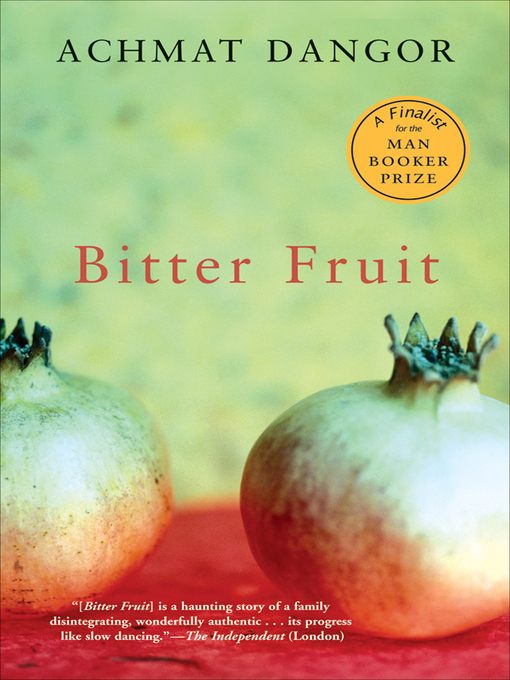
Bitter Fruit
کتاب های مرتبط
- اطلاعات
- نقد و بررسی
- دیدگاه کاربران
نقد و بررسی

February 28, 2005
Early in Dangor's embittered second novel about his native South Africa, aloof, independent 19-year-old Mikey comes to the realization that "history has a remembering process of its own, one that gives life to its imaginary monsters." This understanding of the past informs the thoughts and actions of the characters, which the author of Kafka's Curse
explores in meticulous detail. Mikey's parents, Silas and Lydia Ali, are members of the black middle class in postapartheid South Africa. But when Silas, a lawyer for the Justice Department, encounters the white police lieutenant who raped his wife two decades before, old wounds open in his and Lydia's already strained marriage. Mikey discovers that he may be the product of his mother's violation and sets out to explore his familial roots, taking a type of "apartheid heritage route" that leads him to Silas's father's mosque. Here, he learns of his grandfather's own struggle with colonialism in India a generation earlier. Dangor's novel, a Man Booker Prize finalist, interrogates the forgiving attitude of people like Archbishop Tutu, and, as Silas puts it, "the namby-pambying of God's ferocious legions." In this environment, where even incestuous transgressions can be rationalized away, Mikey finds vengeance as a way to order the decayed social structures around him. Dangor's work is a bleak look at modern South Africa in the vein of J.M. Coetzee's novels, but from the perspective of black South Africans.

February 1, 2005
Dangor (Kafka's Curse), an antiapartheid activist in South Africa and now a UN official, sets his latest novel in the South Africa of the Mandela government. Silas Ali was a member of the ANC underground and is now a ministerial liaison to the Truth and Reconciliation Commission (TRC). As the novel begins, Silas sees Du Boise, the policeman who raped Silas's wife, Lydia, 20 years earlier. When Silas tells Lydia about seeing Du Boise, it triggers a family crisis. Caught between the two worlds of pre- and postapartheid South Africa, the Alis are, like many of their friends, part of the establishment but with deep wounds from the apartheid system not likely to be healed by the TRC. For the Alis and for South Africa, reality has not lived up to the dream. While the dialog is a bit clich d and the characters are not well developed, readers will learn some history and gain a glimpse into the transformation taking place in South Africa. Short-listed for the 2004 Man Booker Prize, this title is recommended for all collections.-Rebecca Stuhr, Grinnell Coll. Libs., IA
Copyright 2005 Library Journal, LLC Used with permission.

Starred review from February 1, 2005
Will the truth set you free? Not so, according to this deeply unsettling novel about the new South Africa. Longtime anti-apartheid activist Dangor blends the intimate secrets of one mixed-race family with the politics of the Truth and Reconciliation Commission (TRC), where perpetrators confess their crimes in public in return for amnesty. "We want to forgive, but we don't want to forget. You can't have it both ways," discovers Silas Ali, once an anti-apartheid activist, now a bureaucrat with the TRC. When he glimpses the Afrikaans policeman Du Boise in a Johannesburg shopping mall and remembers how Du Boise arrested Ali 20 years ago and raped Ali's wife, Lydia, in front of him, the memory sets off reverberations with Ali, Lydia, and their son. Now Du Boise wants to confess to the TRC. Whom will that help? What truth? But keeping quiet offers no healing either, just seething guilt and fury. Dangor writes from the inside and yet with distance, challenging some sacred platitudes of the heroic struggle and the new elite but never settling for the easy ambiguity that dismisses all values as being the same. Told from many characters' viewpoints--anguished, angry, tender, ironic--the searing narratives reveal the wounds of betrayal and no reconciliation. The people and their stories are unforgettable.(Reprinted with permission of Booklist, copyright 2005, American Library Association.)

























دیدگاه کاربران